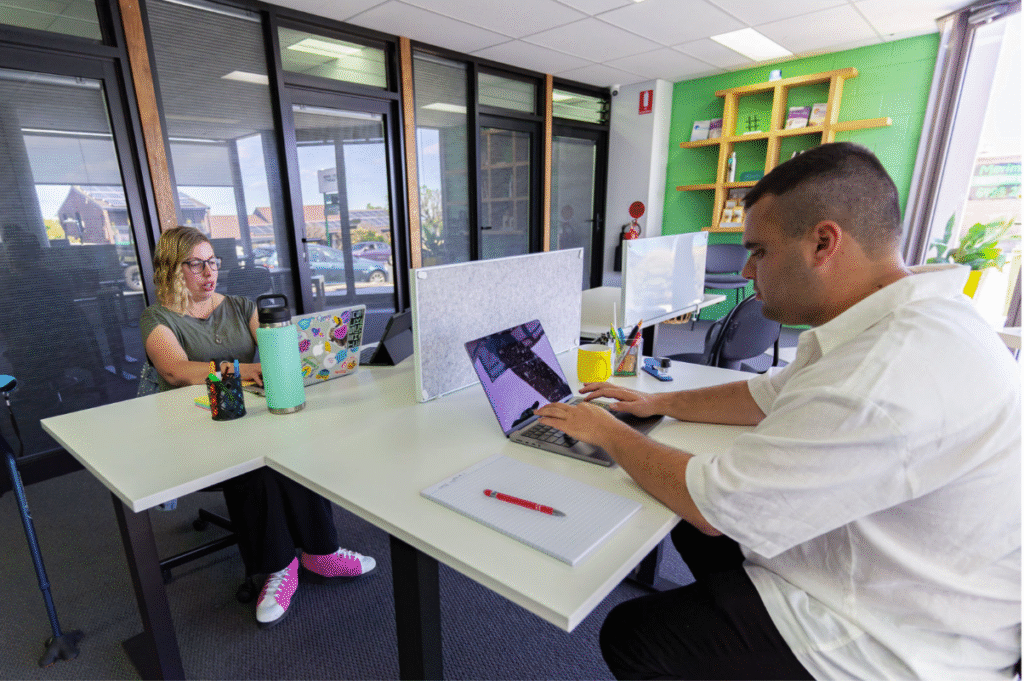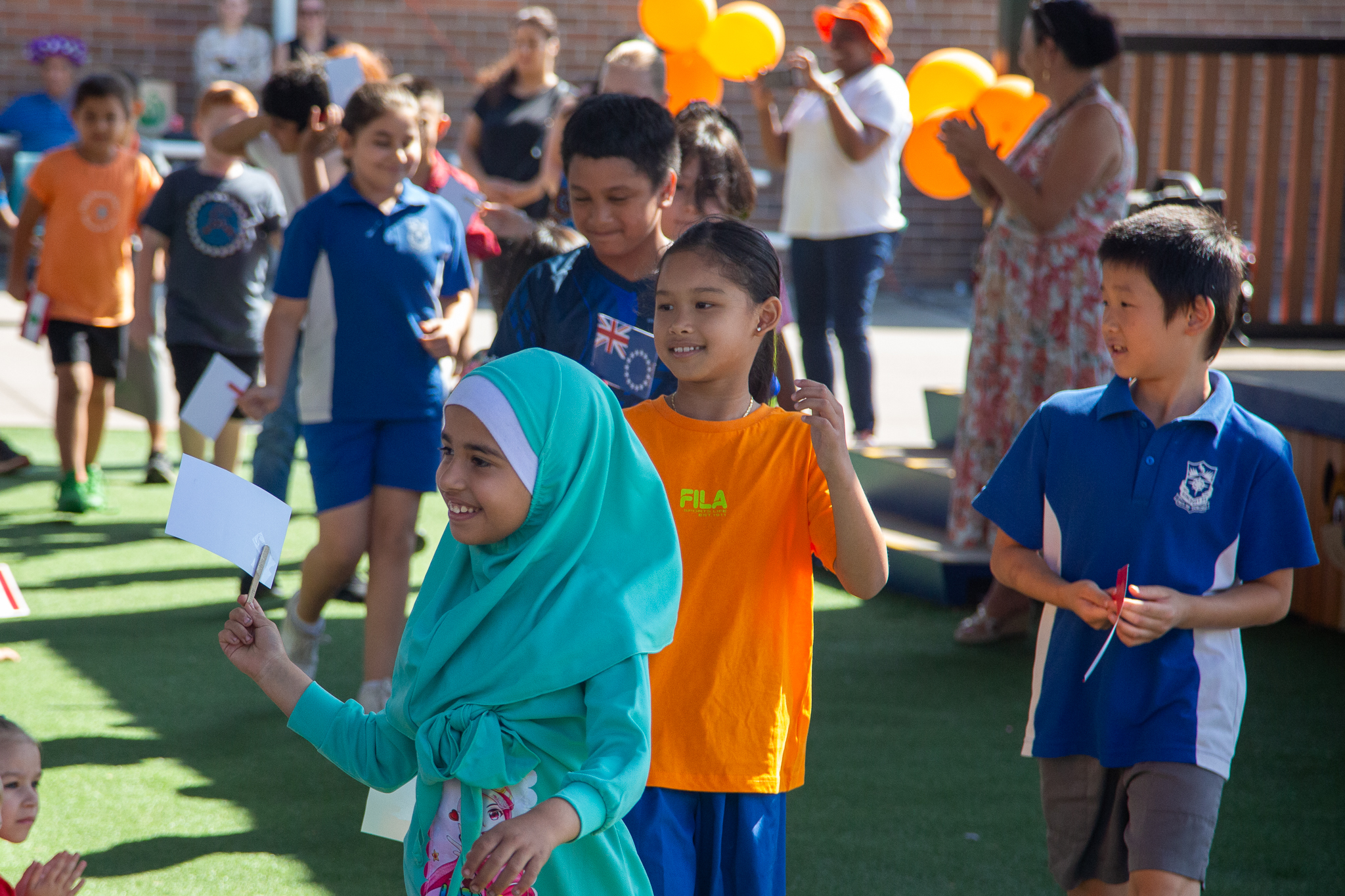The Challenge
Announced in response to challenges identified through the 2023 NDIS Review, Foundational Supports are intended to provide targeted and general supports to people with disability or developmental conditions who are ineligible for the NDIS. However, ongoing delays in federal and state funding negotiations and lack of information mean the scope and implementation of Foundational Supports are shrouded in confusion for families and services across multiple systems.
There is significant risk that Foundational Supports will not respond to genuine need or service gaps left by the NDIS, and that the health, education, disability and community services sectors will be expected to deliver Foundational Supports without the additional resourcing required.
The Facts
- More than 1 in 5 children (21%) in NSW have a developmental delay, rising to almost half in very remote areas.
- Estimated disability in children 0-9 years:
-
- 0-4 years: 5%
- 5-9 years: 11%
-
- Number of NDIS participants in NSW under 18 years: 104,685
- People with disability in Australia: 5.5 million (ABS 2024)
- NDIS participants: 717,001 (NDIA 2025)
- The NDIS supports approximately 13% of people with disability in Australia.
- Almost one-third (31%) households with disability are on low incomes.
- Households with disability more commonly report financial hardship. More than two-thirds have no money set aside for emergencies (67%) and report medical care and health expenses as one of their top 5 areas under pressure from the rising cost of living (66%).
Our Position
People and families in NSW are able to easily access and navigate well-resourced, holistic, integrated supports for any level of disability or developmental condition, that are responsive to their unique needs.
Current Policy Priorities
Whole of system reform approach
- Establish a formal cross sector and cross agency Foundational Supports Implementation Taskforce with
representation from the Ministry of Health, the Department of Communities and Justice, and the Department of Education - Equal participation from the community services sector including peak bodies, disability service providers, TEI providers, early learning and childcare providers, education, and health non-government organisations
- Dedicated implementation funding
- Clear communication and engagement strategy with opportunities for community service sector peaks to identify gaps in information and develop and circulate clear, consistent, timely communication
- Regular public reporting on progress
Inclusive co-design and partnership
Ensure the design, transition, and implementation of Foundational Supports is disability-led through:
-
- Dedicated co-design of budget
- Paid participation for people with lived experience
- Targeted engagement with priority cohorts including: First Nations communities; culturally and linguistically diverse families; regional and remote communities; families experiencing complex disadvantage
- User testing of systems and processes before full implementation
Preventing and managing service gaps
Develop and resource appropriate safety nets for people whose needs are not met through the NDIS and/or Foundational Supports, including:
-
- Transition support funding
- Clear eligibility criteria and simple application process
- Articulate a maximum determination period to provide certainty to families
- Regular review of emerging needs and service gaps
- Specific focus on children with developmental needs who fall between service systems





